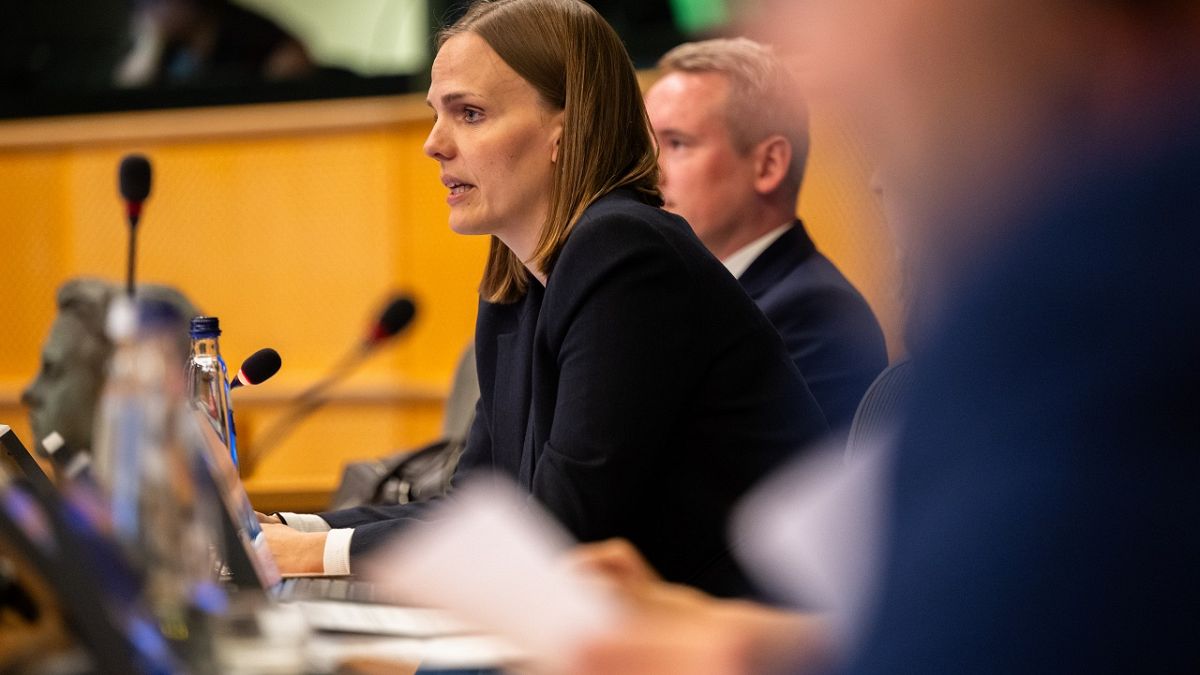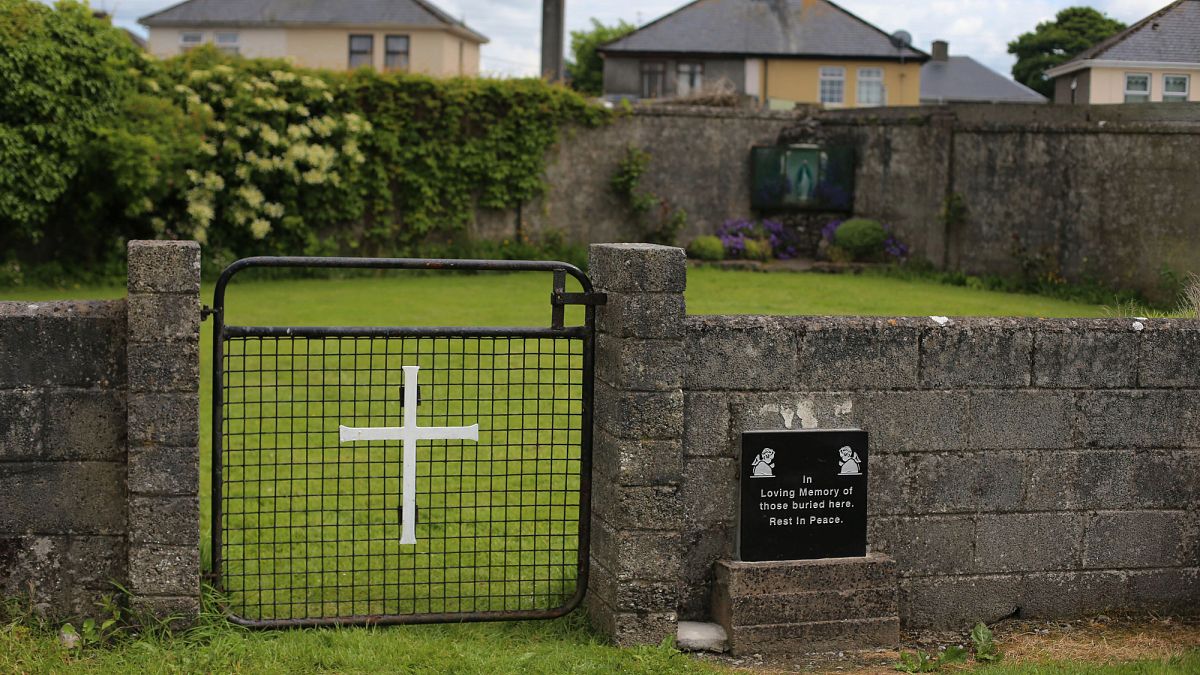Denmark uses more stringent rules to protect minors on the Internet
Was published 07/15/2025 – 22:06 CEST Advertising Denmark wants to implement the EU Law on Digital Services (DSA) as part of a series of proposed measures for better protection of children on the Internet. Caroline Stage Olsen, Minister of Digital Policy of the country, told the Committee on the domestic consumer market of the European … Read more








